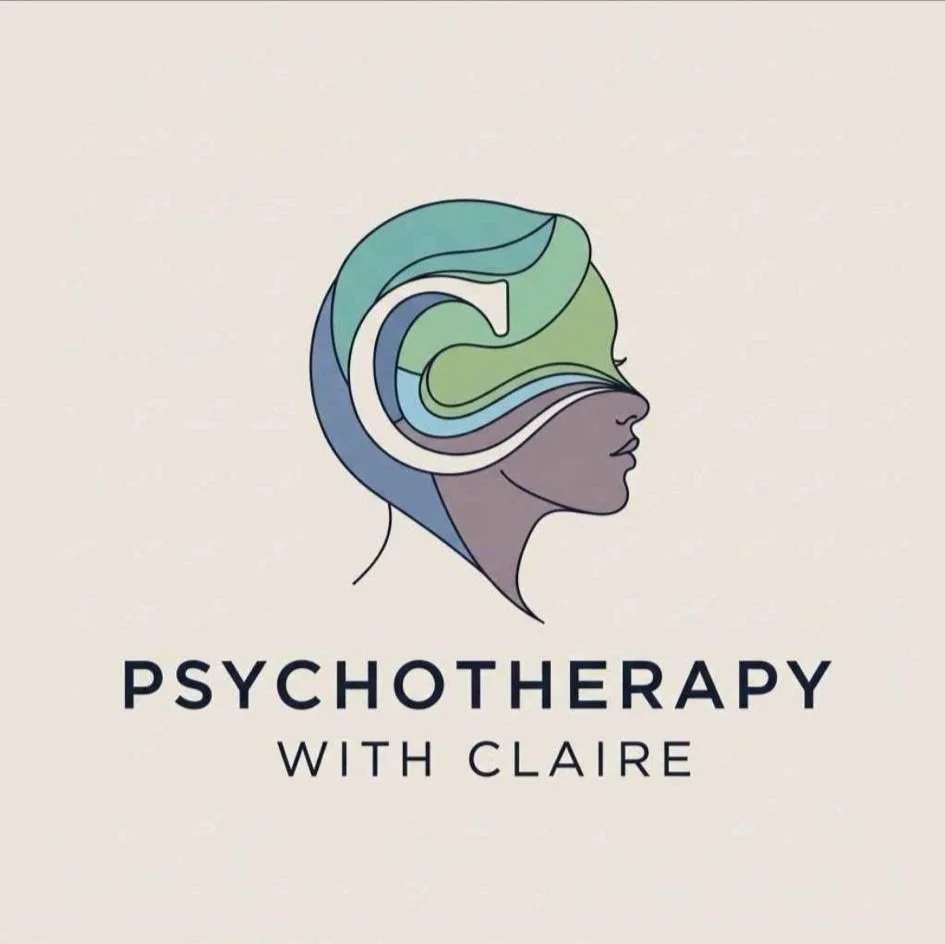Being With Your Experience More Kindly: A Gentle Introduction to Mindfulness-Based Cognitive Therapy
There can be times when our thoughts feel busy or heavy, and emotions seem to return in familiar patterns, even when we are trying our best to move forward. We might find ourselves worrying, feeling low, or getting caught in self-criticism, without quite knowing how we got there.
Mindfulness-Based Cognitive Therapy (MBCT) offers a gentle way of meeting these experiences. Instead of trying to get rid of what we feel or change our thoughts straight away, MBCT helps us be with our experience in a softer, more understanding way. This can create a greater sense of steadiness, space and choice.
It is not about clearing the mind or getting it “right”.
It is about learning how to relate to ourselves with more warmth and care.
Why Mindfulness Matters To Me
I have been practising mindfulness in its various forms for around 20 years, through meditation, movement, breath awareness and quieter moments of simply paying attention to life as it unfolds. Over time, mindfulness has helped me meet my own emotional experiences with more patience, gentleness and curiosity. Not to fix myself, but to be with myself differently.
This personal relationship with mindfulness forms the foundation of how I work in therapy.
It is something I share from lived experience, not from a distance.
When I introduce mindfulness to clients, it is offered slowly, with respect, and always shaped to your needs.
What MBCT Is
MBCT brings together:
Cognitive therapy, which supports us in recognising the patterns in our thinking
Mindfulness, which helps us stay present and grounded in the body
Rather than challenging or arguing with thoughts, MBCT supports us in noticing them as they arise. This gentle shift in awareness can soften the intensity of difficult emotions and help us respond with greater kindness and clarity.
MBCT is recommended by NICE and widely used in the NHS, especially for:
Recurrent depression
Anxiety
Emotional overwhelm
Preventing relapse after recovery
It is a well-researched and effective approach to ongoing emotional wellbeing.
Supporting Different Emotional Experiences
Mindfulness can support many different emotional presentations. For example:
With anxiety, mindfulness can help soften the urge to escape feelings.
With depression, it can loosen the pull of rumination and inner criticism.
With trauma, it is introduced slowly and gently, supporting a sense of safety.
With stress or burnout, it helps reconnect with rest, presence and ease.
Mindfulness becomes a way of turning toward yourself with care rather than judgement.
How ACT Relates to This
Acceptance and Commitment Therapy (ACT) is another therapy rooted in mindfulness.
ACT encourages us to:
Notice our inner experiences
Make space for what we feel
Move towards what matters to us
Both MBCT and ACT support a kinder, more grounded relationship with ourselves.
MBCT as Relapse Prevention
One of the strengths of MBCT is its effectiveness in relapse prevention, particularly for those who have lived through repeated cycles of low mood or anxiety.
By developing a more compassionate and steady relationship with thoughts and emotions, MBCT can reduce the likelihood of returning to old patterns. It helps us recognise early signs of distress and respond with care before we become overwhelmed.
For many people, MBCT is a supportive adjunct to therapy, or a gentle next step after therapy has begun to create some stability.
What Our Sessions May Feel Like
Therapy unfolds at a pace that feels right for you.
Together, we may explore:
Simple grounding practices
Paying attention to breath and body
Observing thoughts without being pulled along by them
Self-compassion practices
Your values and what feels meaningful in life
You do not need to feel calm, peaceful or “mindful” to begin.
We simply start where you are.
A Gentle Invitation: MBCT Group Beginning in the New Year
In the new year, I will be offering a small MBCT group for those who would like to explore these practices in a supportive and steady environment.
This group is suitable if you would like to:
Build a deeper sense of grounding and presence
Strengthen your emotional resilience
Practise mindfulness alongside others who understand
Support your ongoing recovery or prevent relapse
Continue your healing beyond individual therapy
There is no expectation to share more than you feel comfortable to share.
We move slowly. There is room for silence, room for warmth, and room for simply arriving as you are.
If you feel even a quiet curiosity, you are welcome to reach out.
→ To express interest or ask questions, please feel free to contact me.
There is no commitment. Just a gentle beginning.
